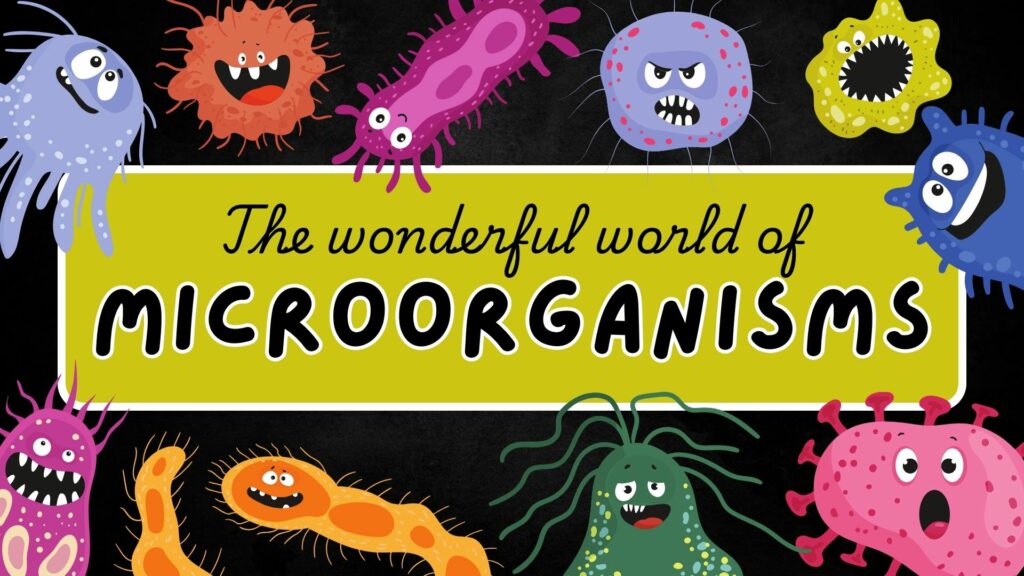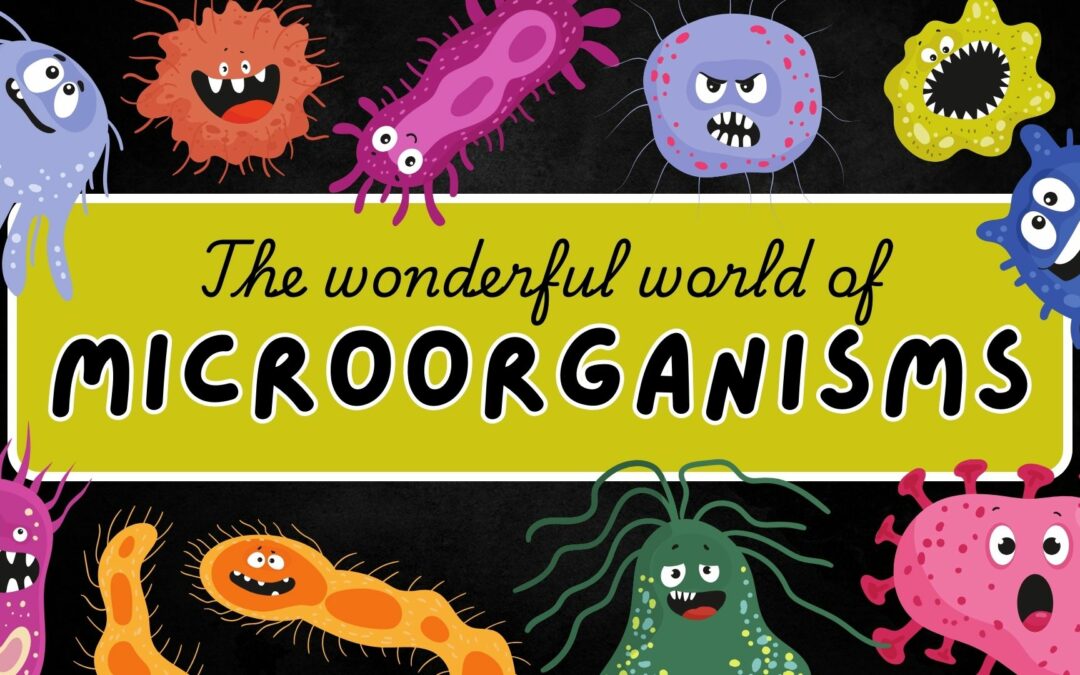When we think about health, we often focus on what’s happening outside—how we look, what we eat, or how much we exercise. But some of the most powerful influences on our well-being are happening deep within us, in the microscopic world of the human microbiota.

What is the Microbiota?
Your body is home to trillions of microorganisms—bacteria, viruses, fungi, and more—collectively known as the microbiota. Most of them live in your gut, but they also inhabit your skin, mouth, and other parts of the body. Far from being harmful invaders, many of these microbes are essential partners in maintaining your health.
Think of your microbiota as an internal rainforest: diverse, complex, and delicately balanced. And just like in nature, diversity equals resilience.
Why Microbiota Diversity Matters
A rich and varied microbiota is often a sign of a healthy gut. Diversity means your body has a wide array of microbial allies that can help:
- Digest food and extract nutrients
- Produce essential vitamins (like B and K)
- Regulate your immune system
- Protect against harmful bacteria
- Influence mood and brain health through the gut-brain axis
On the other hand, low microbiota diversity—sometimes called dysbiosis—has been linked to a variety of health issues, including:
- Obesity
- Type 2 diabetes
- Inflammatory bowel disease
- Allergies
- Depression and anxiety
- Even autoimmune conditions
What Affects Microbiota Diversity?
Several lifestyle and environmental factors shape the diversity of your microbiota:
- Diet: Fiber-rich, plant-based foods support microbial variety. Diets high in processed foods and sugar can reduce it.
- Antibiotics: While lifesaving, antibiotics can wipe out both harmful and helpful bacteria, sometimes permanently.
- Birth and early life: Babies born vaginally and breastfed tend to have more diverse microbiota than those born via C-section or formula-fed.
- Environment: Exposure to nature, pets, and even other humans can help build a more diverse microbiota.
- Stress and sleep: Chronic stress and poor sleep can negatively affect gut health.
How to Support a Healthy Microbiota
The good news? You can take action to nurture your microbiota and improve its diversity. Here are a few science-backed strategies:
- Eat more plants: Aim for a variety of vegetables, fruits, legumes, nuts, and whole grains.
- Include fermented foods: Yogurt, kefir, kimchi, sauerkraut, and kombucha can introduce beneficial microbes.
- Cut back on ultra-processed foods: These can promote less healthy bacteria.
- Avoid unnecessary antibiotics: Always use antibiotics responsibly and only when prescribed.
- Spend time outdoors: Gardening, hiking, or even walking in the park can expose you to beneficial microbes.
- Get enough sleep and manage stress: A healthy mind supports a healthy gut.
The Takeaway
Your microbiota is more than just a collection of microbes—it’s a vital ecosystem that supports your overall health. Embracing a lifestyle that encourages microbial diversity isn’t just a trend; it’s a fundamental part of long-term wellness.
So next time you’re choosing between a salad or fast food, remember: you’re not just feeding yourself—you’re feeding trillions of little friends who’ve got your back.

